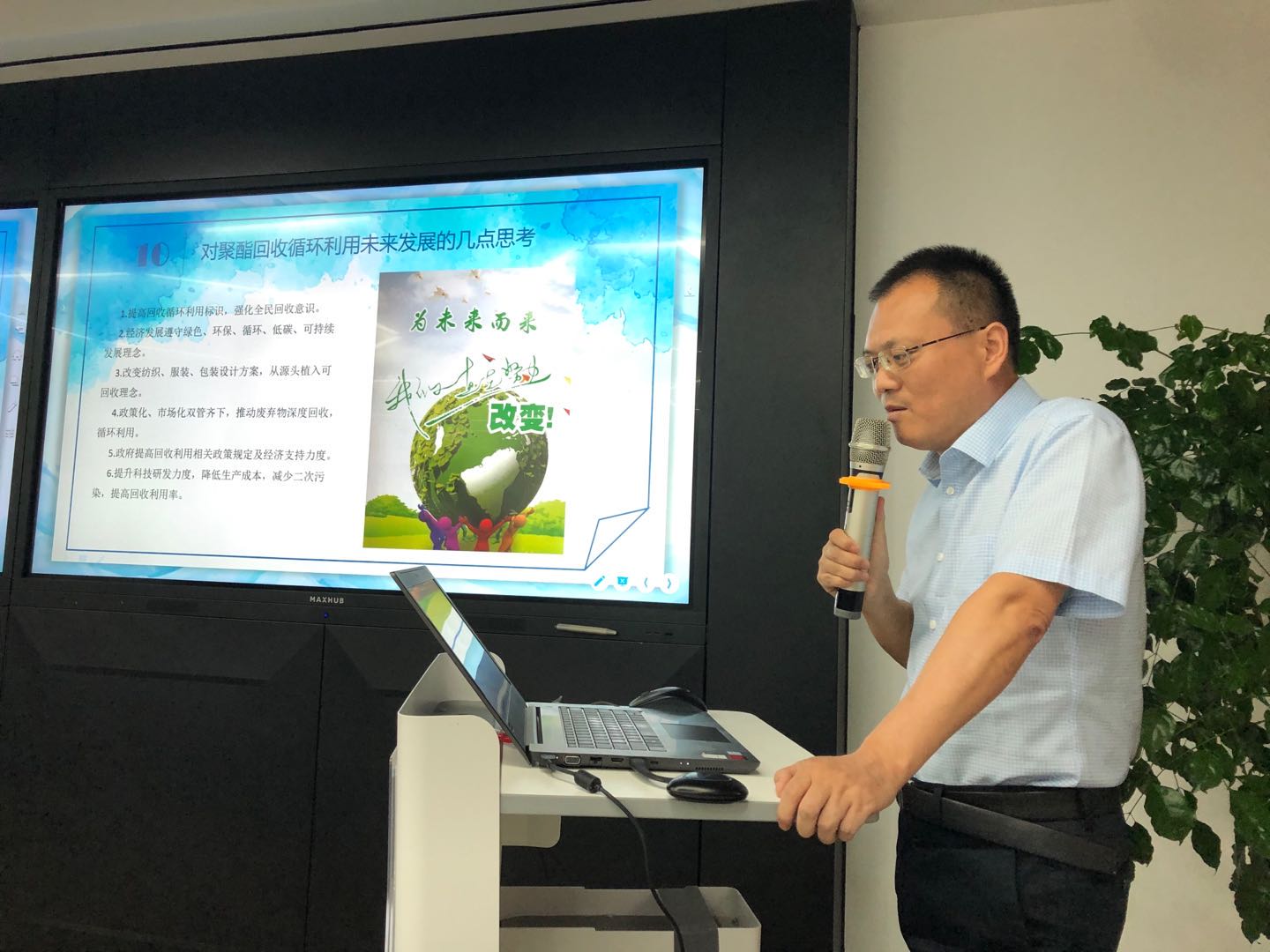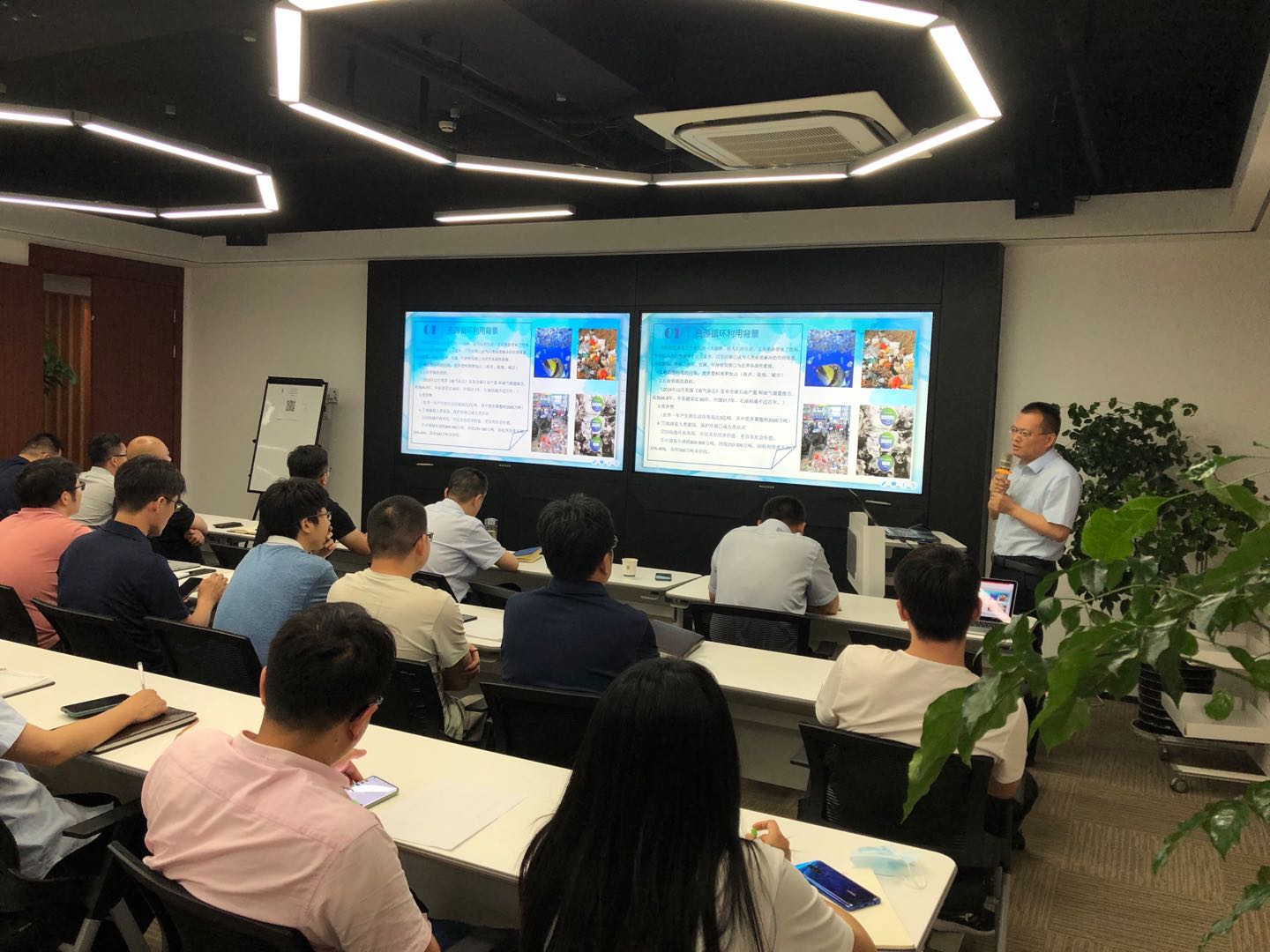13852167785
15850878849
0523-80272702
News Center
13852167785
15850878849
0523-80272702
Resource recycling background
The development of plastics is a major innovation in the last century. It has brought convenience to people’s lives and the industrial revolution, but also brought great harm to human nature. White pollution has become a common problem that humans urgently need to solve. Environmental protection, recycling, low carbon, and sustainable development have been valued by countries all over the world.
1. Pollution to the natural environment, piles of waste plastics like mountains (ocean, land, city)
2. Consumption of petroleum resources.
(In December 2019, the U.S. "Oil and Gas Magazine" released a report on global oil production and oil and gas reserves. The land was 46.8 years, the Middle East reserve-production ratio was 60 years, and China was 37.7 years. Oil depleted in less than a century.)
3. Waste
(The world produces 300 million tons of domestic waste a year, including 35 million tons of waste polyester materials)
4. ① The earth is the homeland of mankind, and protecting the environment has become a consensus of mankind
② Recycling and reuse has not only economic value, but also social value.
③China consumes 8-9 million tons every year, and recycles 2.5-3 million tons. The recycling rate is less than 35%-40%, and there are still 5 million tons that have not been recycled.
Relevant international and domestic policies support the construction of recycling system
1. International related policies
The issue of climate change is a comprehensive issue that requires global governance in international relations. One of the main causes is excessive carbon emissions. The production of various fossil products and chemical products emits a large amount of CO2. Someone has calculated that 1 ton of waste bottle flakes can be saved 6 Tons of oil, 3.2 tons of CO2 emissions, 200 big trees to absorb. How to reduce carbon emissions. In 1994, the "United Nations Framework Convention on Climate Change", a binding emission reduction document for 149 countries and regions, signed the "Kyoto Protocol", which took effect in 2005, and from 2008 to 2012, it was 5.2% lower than in 1990. The Paris Agreement in December 2015, a global emission reduction agreement for 200 countries and regions. This agreement established the goal of controlling the increase in global average temperature from the total industrialization level to 2°C and working towards the 1.5°C target.
2. Domestic related policies
①As early as 1985, the country regarded comprehensive utilization of resources as a major technological policy and long-term strategic policy.
②The State Council put forward "Several Opinions on Accelerating the Development of Circular Economy" as early as the 22nd of 2005.
③The National Twelfth Five-Year Development Plan clearly proposes the recycling of resources, and the Thirteenth Five-Year Development Plan is about building green and ecological civilization, promoting the concept of green recycling, low-carbon sustainable development, and resource recycling economy development.
④On April 21, 2017, 14 ministries and commissions including the National Development Commission issued the "Notice on Leading Action for Circular Development", requesting the strengthening of waste recycling.
⑤The Announcement No. 1 of 2017 of the National Development and Reform Commission listed resource recycling as a strategic emerging industry.
⑥ On January 19, 2019, the Ministry of Ecology and Environment and the Development and Reform Commission "On Further Strengthening of Plastic Pollution Control".
3. Xi Jinping's Deepening Economic Reform Leading Group Meeting
On April 18, 2017, the 34th meeting of the Central Committee for Comprehensively Deepening Reforms banned the import of waste plastics, strengthened recycling, and developed a circular economy. Promulgated waste prohibition regulations, on January 1, 2018, 2.5 million tons of waste polyester was banned.
On September 9, 2019, the 10th meeting of the Central Committee for Comprehensive Deepening Reform on the "Opinions on Further Strengthening the Treatment of Plastic Pollution" promoted recyclable, easily recyclable and degradable alternative products, and regulated the recycling of plastic waste.
4. 50% of the fiscal and taxation policy will be refunded upon increase.
5. In the second half of 2019, nationwide recycling and garbage classification will be implemented nationwide.


